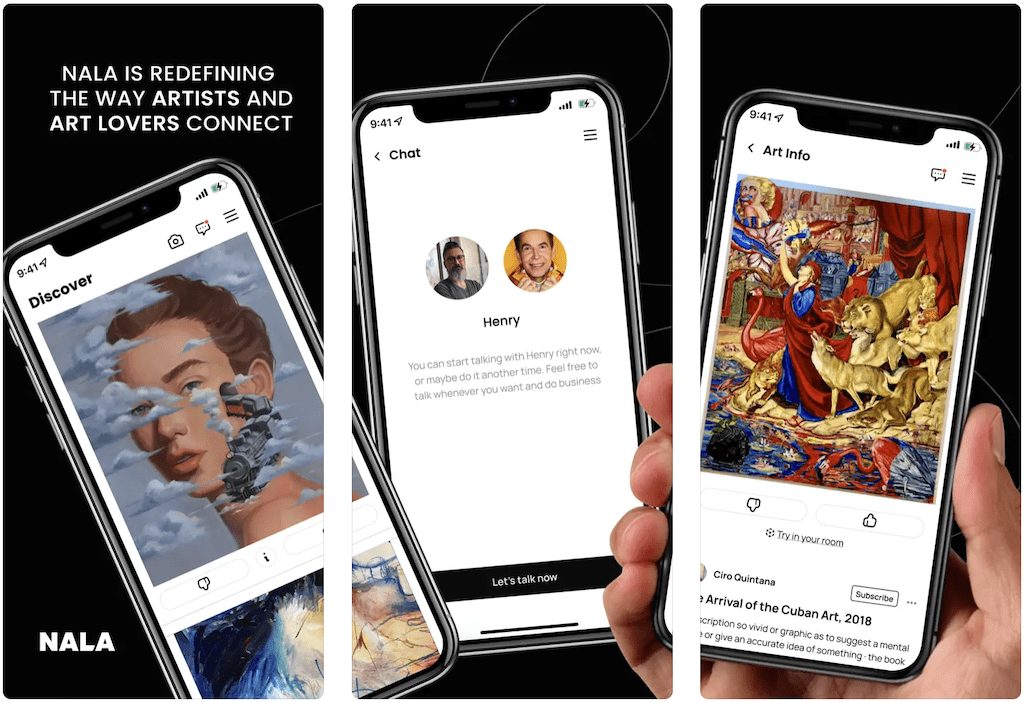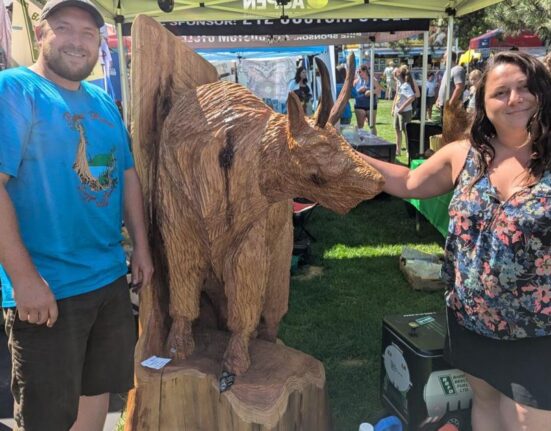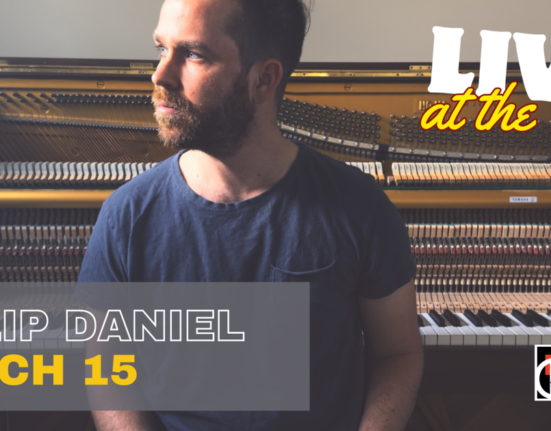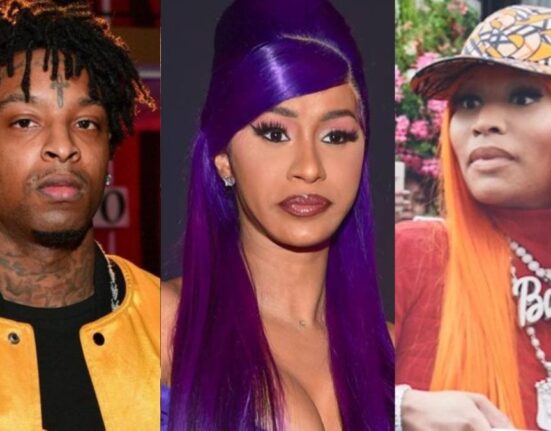 Photo Credit: NALA
Photo Credit: NALA
The art market has long been an exclusive and often inaccessible space. Less than 2% of global artists work with galleries, and major online platforms almost exclusively cater to them. Compounding the problem is the fact that the fee structure on many of these platforms often entails obtaining a 30% commission on sales. The gallery then takes half, while the artist is left with a measly share. The traditional art sphere has then become a challenging environment for new and emerging artists.
With the advancements in algorithms and data science, the backward-looking approach of this centuries-old industry is witnessing a shift in how individuals discover, purchase, and appreciate art. NALA, or the Networked Artistic Learning Algorithm, emerges as an innovative platform, spearheading the movement to democratize access to art and nurture meaningful connections between Artists and Art Lovers.
Ben Gulak, a professional painter and computer scientist, together with a team of technical experts based at the Massachusetts Institute of Technology (MIT), founded NALA in 2021 to lead the advancements in the sector. Gulak aims to break down the barriers that have limited artists’ reach, all while improving collectors’ searching and buying experience in a way that had never been done before.
The founder shares, “The inspiration for NALA came from my personal art experiences. I used to paint and sell my work through a network of global galleries. When I returned to MIT to complete my studies, I no longer had time to paint consistently, so I began helping artist friends from emerging markets sell their work through the galleries I had connections with. These artists, who usually sold to tourists for minimal amounts, suddenly saw their work selling in high-end galleries at 30 times the price. An artist selling a painting for $100 in Havana was selling the same painting for £3,500 in London. Same artist, same paintings, same talent, but different buyers. This dramatic shift highlighted the impact that access to the global market can have on an artist’s life.” NALA was born from this realization. Its mission is to help all artists access the global marketplace and be seen by those who will truly appreciate their talent.
 Photo Credit: NALA
Photo Credit: NALA
NALA leverages machine learning (ML) and data science to directly connect artists with art lovers. Serving as the world’s largest art matchmaking platform, it addresses one of the issues in the current art market concerning the lack of personal connection between artists and collectors. Artists rarely know, much less interact, with their buyers. NALA encourages the flourishing of an emotional bond between the two—promoting something inherently human as creative expression.
King Saladeen, a world-renowned artist and NALA user, perfectly encapsulates this, “Part of the inspiration behind being an artist is getting to know the people investing in your art, who believe in your craft, and who your supporters are. To be an artist and not know where your work goes, who’s hanging your art in their homes, and whose lives are impacted by your creativity is terrible. Part of being human and being connected to your art is knowing who takes hold of your creation. That’s a two-way street for art lovers as well. When artists and art lovers connect directly, the relationship is enriched, and the impact is much bigger. Being connected enhances the entire artistic experience. NALA does that for artists.”
NALA
The platform also empowers art lovers to trust their intuition when selecting art, ensuring they’re making well-informed decisions based on their tastes and preferences. “Fine art often feels out of reach, and galleries can make people uneasy,” says Gulak. “But you don’t need an expert to tell you what you like. People know what speaks to them. That’s why they should trust their intuition when choosing art for their homes.” Essentially, NALA empowers individuals by allowing them to deal directly with artists worldwide, offering highly curated, personalized feeds of art that match their budget and style.
NALA, with its newest iteration, has made a significant technological leap, eliminating the roadblocks that prevent many artists from entering the global market or being discovered. It continues to help art lovers and collectors make informed and intuitive purchasing decisions, revolutionizing the then-inaccessible art market. “It was enough to be a very good proof of concept, and we could make great artist recommendations to Art Lovers based on their tastes, but, ultimately, we were recommending Artists to Art Lovers, not specific works of art,” states Gulak.
Peter Tuchman, a world-famous NYSE trader and avid art lover, commends Gulak and NALA for reshaping the art market: “Ben, a true modern-day renaissance man, has the incredible ability to straddle both the art and scientific worlds seamlessly. NALA is an extension of this creative synergy, using technology to help other creatives around the world access the broader global marketplace.”
 Photo Credit: NALA
Photo Credit: NALA
NALA’s newest iteration integrates auto-encoder technology and has mapped out each artwork in its database to enable the creation of highly individualized artwork-specific suggestions. This means that out of an Artist’s entire body of work, NALA can select the “perfect” image for an Art Lover. “We can also make cross-genre suggestions by spotting common elements like themes and colors that may match Art Lovers’ tastes while being outside their traditional genre choices, broadening Art Lovers’ horizons,” Gulak adds.
Additionally, with the release of Echo, a feature on NALA, users can take a photo of something visually appealing, and NALA will curate artwork from its database of available pieces with similar elements. An example would be seeing a masterpiece impressionist painting in a museum and being shown stunning impressionist artwork from NALA artists with the same themes and colors.
NALA, with its newest iteration, has made a significant technological leap while eliminating many of the roadblocks that prevent artists from entering the global market and being discovered. It continues to help Art Lovers and collectors make informed and intuitive purchasing decisions, revolutionizing the then-inaccessible art market.






